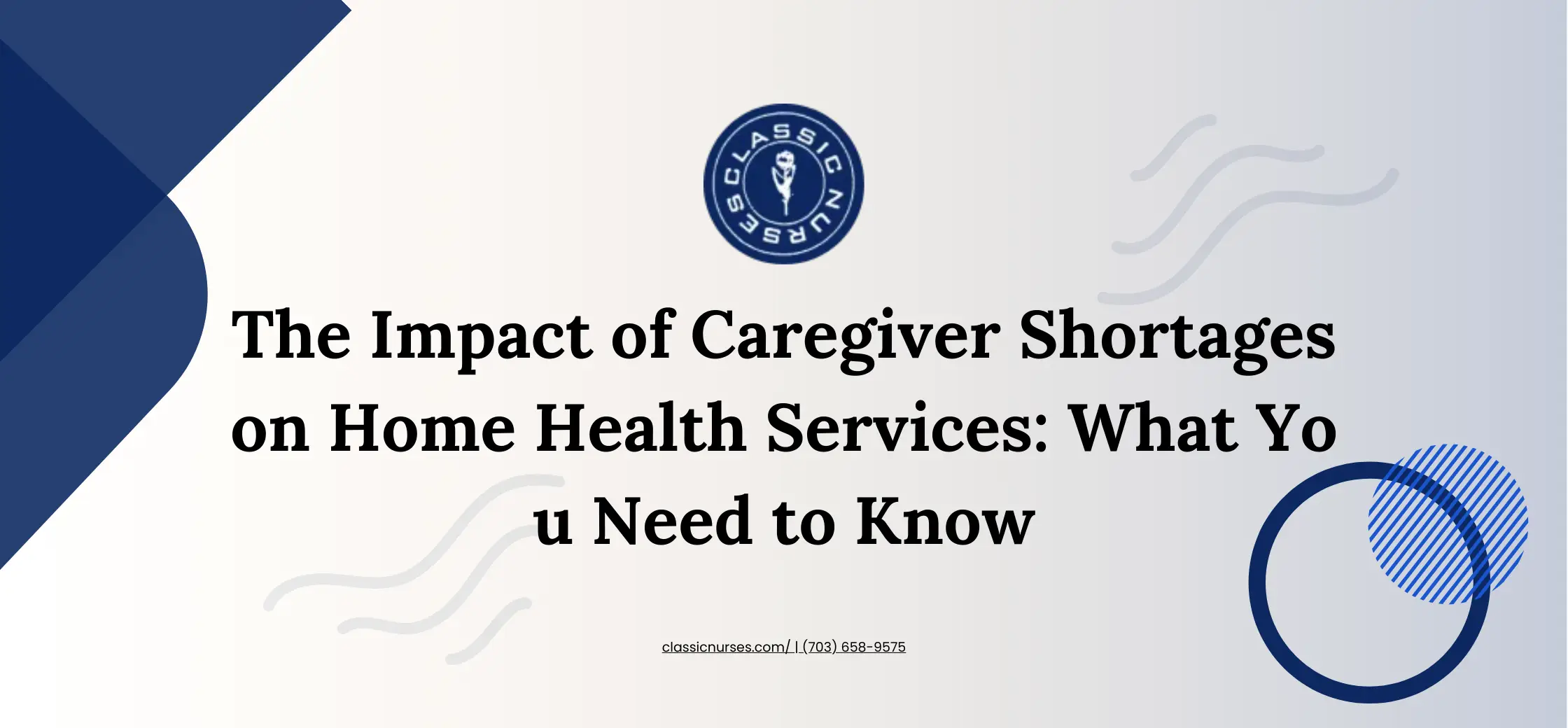The growing issue of caregiver shortages home health is affecting families nationwide. With an aging population, the demand for home care services continues to rise, while the supply of qualified caregivers struggles to keep pace. This imbalance creates significant challenges for families seeking reliable care for seniors, people with disabilities, and those requiring long-term support.
Key Challenges Facing Family Caregivers and the Home Care Workforce
The challenges facing family caregivers are multifaceted, encompassing emotional, physical, and financial strains. These pressures are compounded by broader issues in the home care workforce.
The home care workforce is the backbone of senior and disability care, but it is currently under immense pressure. Here’s why:
1. Demographic Shifts and Increased Demand
Family caregivers often find themselves overwhelmed as they strive to fill gaps left by professional shortages. They play a critical role in ensuring loved ones receive essential care.
- Baby Boomers are entering their senior years, increasing the demand for personal care aides and adults requiring specialized care, home caregivers, and other direct care workers.
- By 2030, one in five Americans will be aged 65 or older, driving the need for long-term home and community support services.
2. Caregiver Shortages Nationwide
Nationwide caregiver shortages impact families by increasing their reliance on unpaid care. Many family members juggle multiple responsibilities, including caregiving, work, and personal commitments.
- The nationwide caregiver shortage is fueled by low wages, demanding work conditions, and a lack of career advancement opportunities.
- Direct care workforce challenges include recruitment and retention, especially in rural areas where home care workers are scarce.
3. Impact on Families and Patients
- Families face longer wait times for services, disrupting continuity of care.
- Unpaid care by family members increases stress and financial burdens, especially when professional caregivers are unavailable.
Exploring the Role of Direct Care Workers
Who Are Direct Care Workers?
Direct care workers include nursing assistants, personal care aides, and direct support professionals who provide essential care to seniors, individuals with disabilities, and others requiring assistance. They help patients with daily tasks such as bathing, meal preparation, and medication management, ensuring that individuals with dementia or disabilities can age in place comfortably.
Addressing Workforce Challenges
- Medicaid programs play a critical role in funding services provided by home caregivers. However, limited reimbursement rates often hinder providers from offering competitive wages.
- Advocacy for higher pay and better benefits can attract more workers to the field.
How Caregiver Shortages Affect the Health Care System
Family caregivers face immense challenges when the health care system is strained. From delayed discharges to inadequate support, these shortages amplify their burdens.
The health care system heavily relies on the availability of trained caregivers. Shortages lead to:
- Delayed Care: Longer wait times for in-home support impact patient outcomes.
- Hospital Overcrowding: Patients remain in hospitals longer due to a lack of living facilities and home assistance options.
- Strain on State Officials: Policymakers face pressure to address the growing demand for caregivers.
Solutions to Support Family Caregivers and Navigate the Caregiver Shortage
Addressing these issues requires a multifaceted approach that acknowledges the unique contributions of family caregivers while improving systemic support mechanisms.
Leveraging Technology and Community Resources
- Survey tools and telehealth apps help families coordinate care schedules.
- Automated medication reminders and monitoring systems support term services and care management
Enhancing Caregiver Support
- Employers can offer incentives like flexible schedules and health benefits to retain workers.
- Families can collaborate with care partners to share caregiving duties and prevent burnout.
Why Classic Nurses Services Leads the Way
At Classic Nurses Services, we prioritize innovative strategies to address caregiver shortages. Here’s how we make a difference:
- Competitive Pay: Attracting and retaining top talent in direct care jobs.
- Comprehensive Training: Equipping caregivers with skills to support nursing home residents, veterans, and others with unique needs.
- Flexible Schedules: Promoting work-life balance for our workforce.
Conclusion: Securing the Future of Home Care
The future of home care services depends on addressing caregiver shortages through collaboration, innovation, and policy changes. By supporting caregivers and families, we can ensure a sustainable health care system that meets the needs of seniors, individuals with disabilities, and those requiring long-term support.
Visit Classic Nurses Services to learn more about how we’re addressing the caregiver shortage and delivering quality care in Alexandria, VA.
Frequently Asked Questions
Why thither so much shortage of caregivers?
The shortfall of caregivers in the main fixed charge to factors much as an ripening population, turnover rate rates, low wages, demanding work conditions. The accelerative demand for home health serve has likewise contributed to this shortage.
Is there a shortfall of home health aides?
Yes, in that respect is a dearth home health aides crossways In agreement States. This shortage expected to exacerbate in a coming years as demand for in-home care serve continues to rise.
Reason are caregivers hard to find?
Caregivers are hard to find referable to a variety of reasons, including low wages, miss of benefits, physically demanding work, limited career procession opportunities, aroused impose caregiving.
Is grownup considered home health?
Home condition aides, likewise as caregivers, provide assistance with activities of day by day living for individuals in their homes. While caregivers can admit several types of professionals, home wellness Hades specifically focus on providing non-medical care.
How Do Relation Changes Affect Nursing Home Quality?
Possession changes in nursing homes can impact quality of care by touching staff morale, resources and social control practices. Changes in possession can lead to shifts in priorities, staffing levels, work-clothing quality care provided to residents.


